Click the links below to hear each movement.
1st movement
2nd movement
3rd movement
4th movement
5th movement
£16.50 – £22.00
Click the links below to hear each movement.
1st movement
2nd movement
3rd movement
4th movement
5th movement
George Butterworth (1885-1916) was born in London but raised in York. He received his first music lessons from his mother who was a singer, and showed an early interest in composition. He played the organ for services in the chapel of his prep school, Aysgarth School, before gaining a scholarship to Eton. He next attended Trinity College, Oxford, where he became President if the University Music Club. There, he became friends with Cecil Sharp, Ralph Vaughan Williams and Adrian Boult. Butterworth and Vaughan Williams made several trips into the English countryside to collect folk songs, and the music of both composers was strongly influenced by what they collected. On leaving Oxford, Butterworth began a career in music, writing criticism for The Times, composing, and teaching at Radley College, Oxfordshire. At the outbreak of the First World War, Butterworth and several of his friends joined the British Army, accepting a commission as a subaltern in the 13th Battalion Durham Light Infantry. They were sent into action to capture the western approaches of the village of Contalmaison on The Somme, On the 4th of August 1916, they were ordered to attack a communications trench in German hands. Despite some desperate fighting they captured Munster Alley, albeit with heavy losses. The next day Butterworth was killed by a German sniper in their frantic attempts to recapture the position. His body was never recovered, and his name appears on the Thiepval Memorial.
When Butterworth joined the army, he destroyed many manuscripts that he thought were unfinished. This five movement Suite, originally for string quartet, survived as it had been placed with Ralph Vaughan Williams. It was most likely written around 1910-1911 when Butterworth was a student of Charles Wood at the Royal College of Music. Whilst there are no actual folk tunes quoted in this work, every movement is infused with the character of folk song and dance (Butterworth was a keen Morris Dancer).
| composer | |
|---|---|
| instrumentation | |
| skill-level | |
| Select an Option | |
| arranger | Robert Rainford |
You must be logged in to post a review.
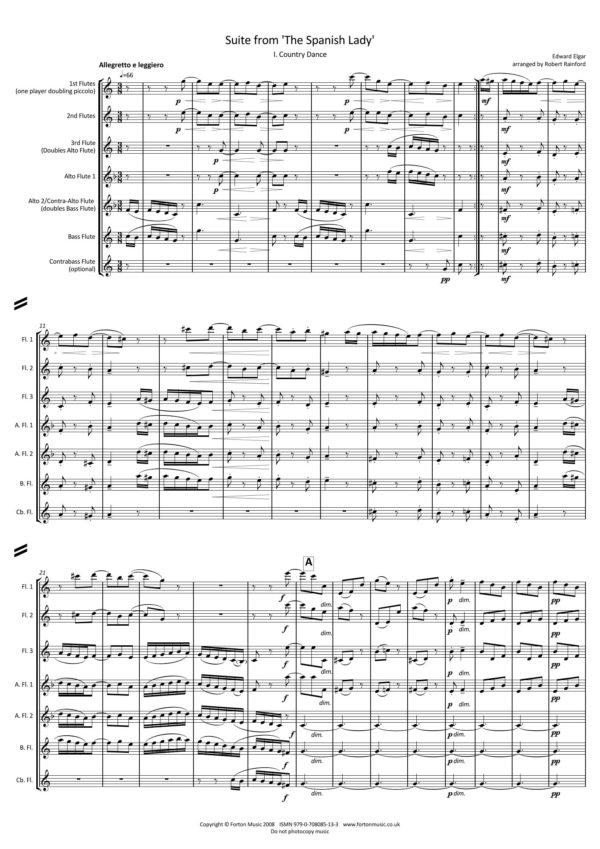
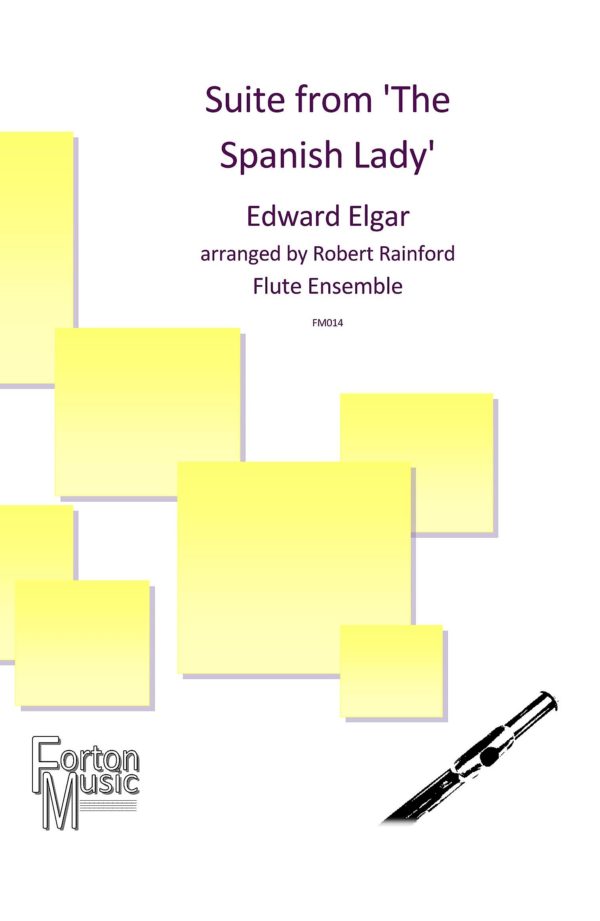
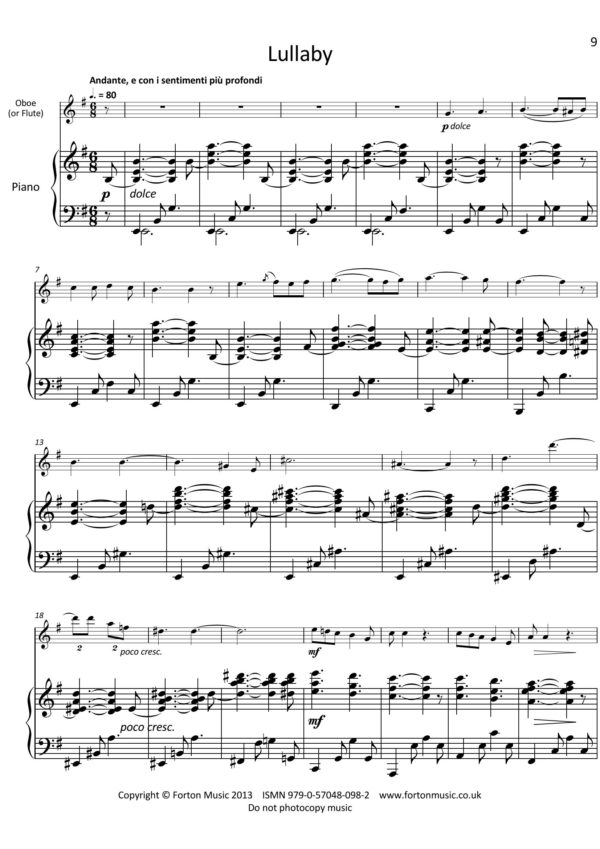
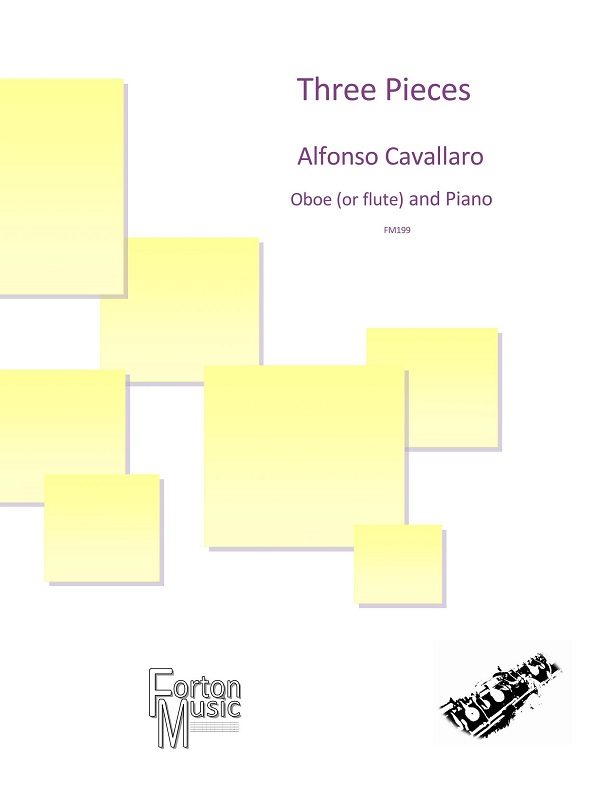
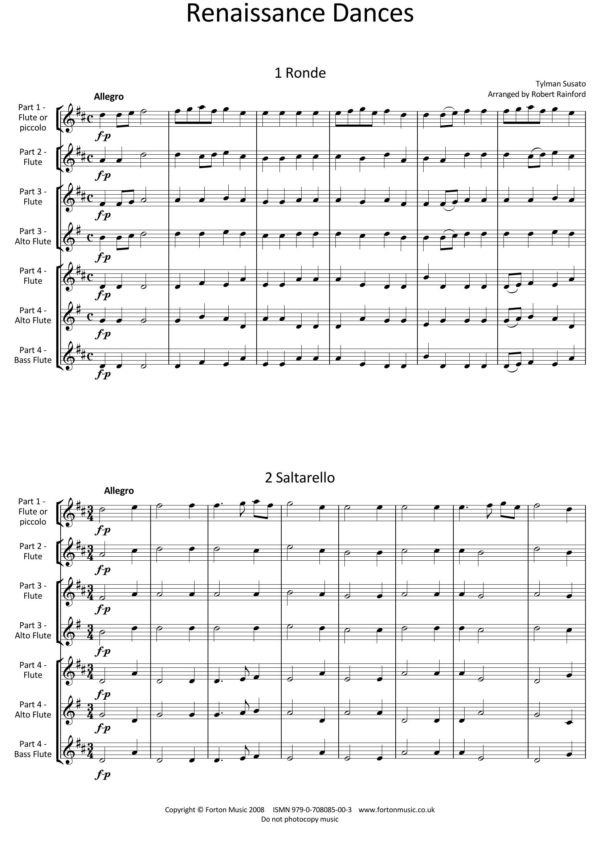
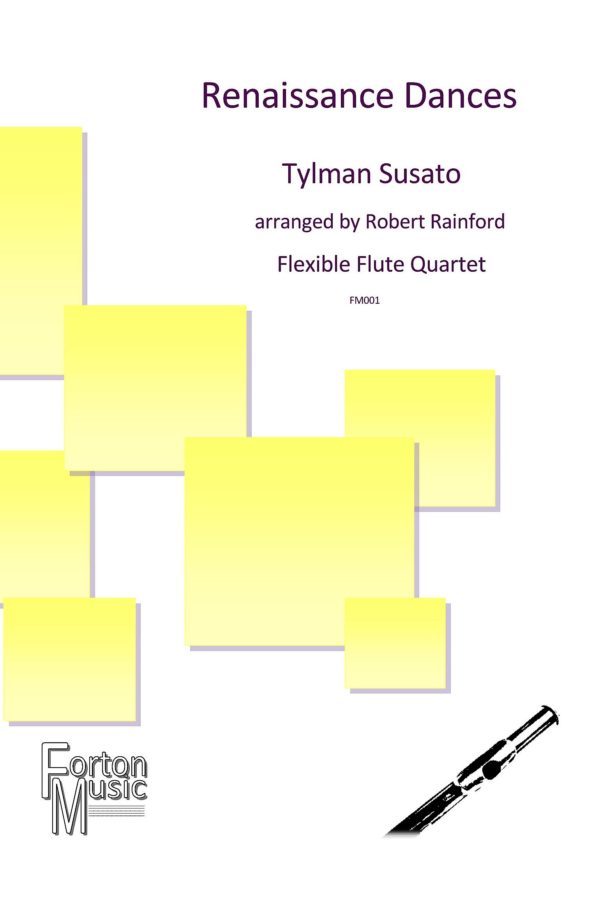
Reviews
There are no reviews yet.